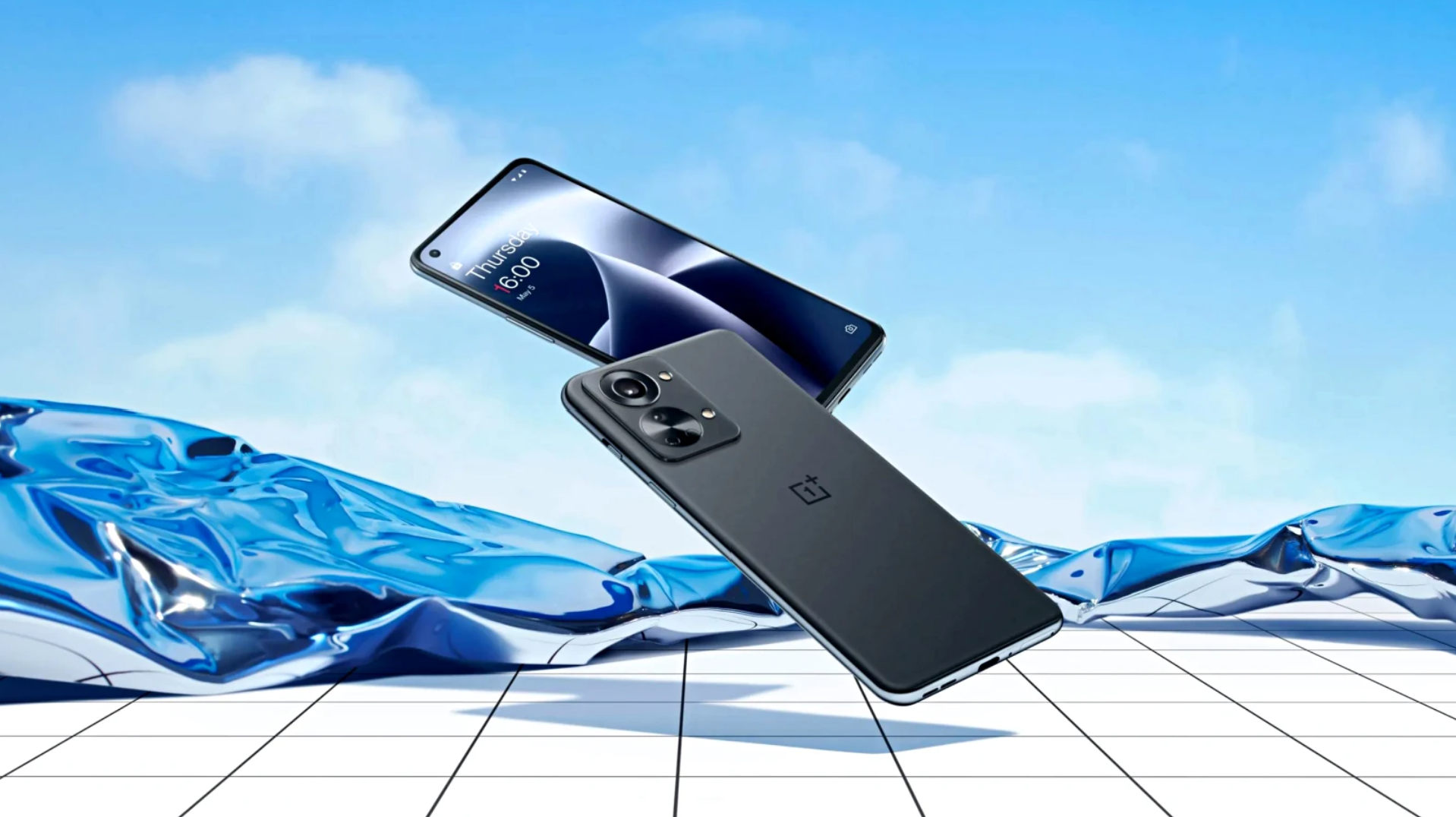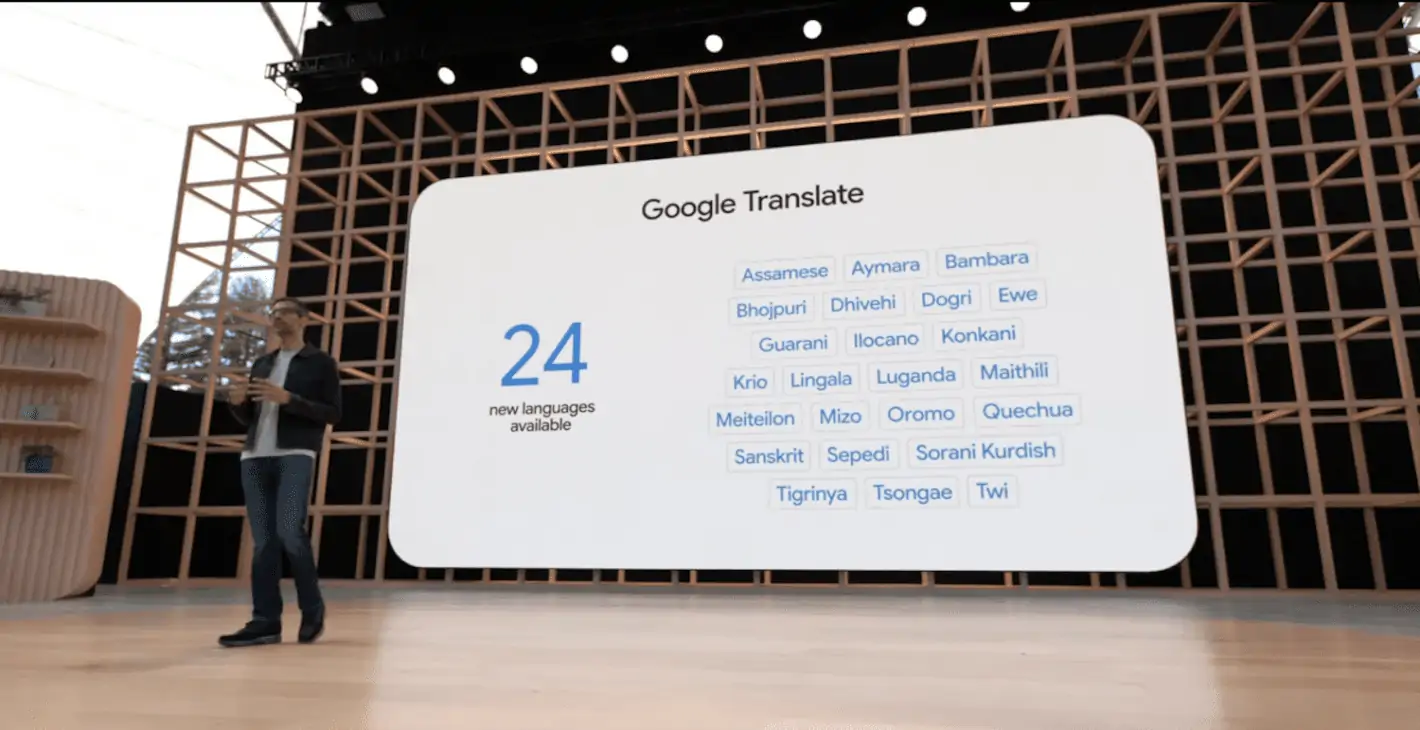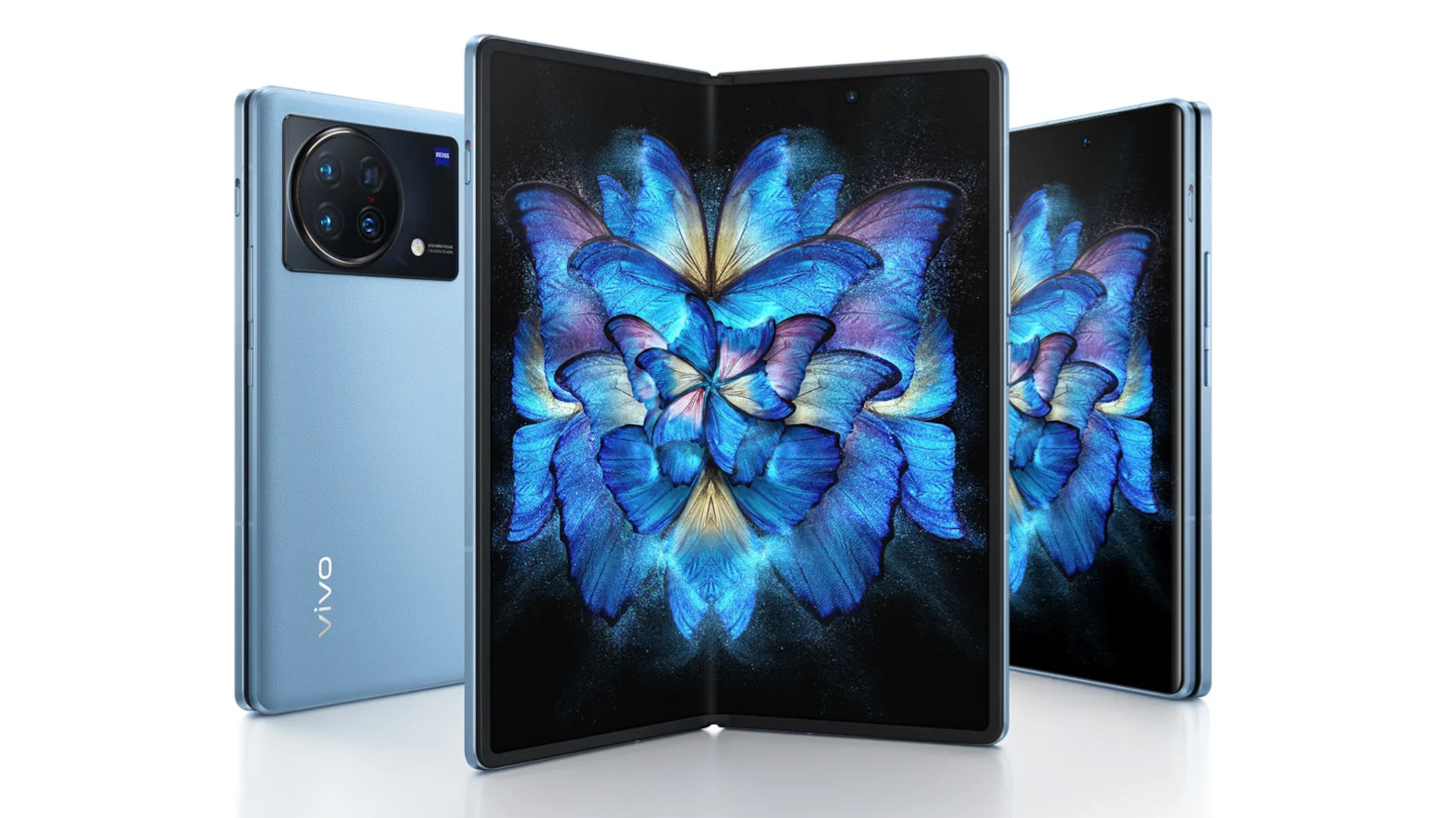For years, one of Android’s main selling points has been its ability to use whatever third-party keyboard the users wants. It’s a minor feature that’s likely influenced some users to choose Android over another mobile operating system, like iOS, it’s also what helped usher in the swipe gesture-typing revolution.
e Braidwood, eting Officer of SwiftKey noted Android user, is one of the facilitators behind the movement, which is why we asked him to answer a few questions for our Android Influencers series. Braidwood talked about how the idea behind touch-typing swiping came to be, as well as his extensive history love for mobile devices.
: ere did the idea for touch-type and “swiping” come from?
Braidwood: en (our CEO co-founder) graduated from university, he went to work for the British government, where he noticed more more that colleagues were replacing their s with mobile phones. But what also struck was that the keyboards on these devices really weren’t built to make typing emails or messages easy—they were just shrunken down to fit the screen. He figured there had to be a much better solution to the problem, so he got in touch with (our CTO other co-founder), who had just wrapped up a .D in language-based Artificial Intelligence, to pick his brain get his opinion. talked about how, together, they could take a different approach build a smarter keyboard that made communicating on a touchscreen device much easier. They developed a prototype, started applying for grants to help move the idea along. I joined them shortly thereafter to help turn those ideas into a product, six years 200 million users later, here we are.
introduced SwiftKey Flow gesture typing in October of 2012, that development was engineered to enable both typing by “tapping,” as well as gliding a finger across the keyboard in a single, unified experience. wanted to give users another option for entering text that still harnessed SwiftKey’s magical predictive ability.
: Did you ever envision that your app would become of the few that helped encourage people to stick with Android? Or that Microsoft would take the idea implement it into ndows one 8.1?
Braidwood: SwiftKey’s mission has always been to make it easy for everyone to create communicate, that comes from us believing that people prefer more intuitive less frustrating typing experiences on their devices. It’s certainly flattering to think that our commitment to this mission might inspire people to choose Android, or that other platforms might be influenced by us, but really that’s just incidental. Our main focus is continuing to help people around the world get a more human experience from their devices—one that adapts to them, that helps them be more creative productive.
: How do you your team come up with new features beyond just…well, swiping typing? How much more can there be to a virtual keyboard?
Braidwood: It may sound cheesy, but the virtual keyboard is, well, so much more than a keyboard. It’s one of the most-used parts of a smartphone. Our average user has SwiftKey technology at their fingertips for 56 minutes a day. That’s longer than Facebook or ’s apps are used, according to data from Flurry Analytics.
So if you consider that our two-inch square piece of real estate on your device is one of the most engaged apps on your phone, you begin to really see the potential for this as a gateway to helping you get a more tailored, anticipatory experience from your device. In that regard, SwiftKey’s predictive capability is something that we expect to go much, much further with—we just happened to start with predicting words.
Coming up with new ideas features for SwiftKey is a process that starts with the most important people we work with—our users— builds from there. It’s really important for us to listen to what our users have to say: what they want, what’s working, what’s not working. also focus on product leadership, challenging ourselves to be first to market with brilliant new ideas. have Innovation Days frequently where everyone in the company gets the opportunity to build something unique, challenge the status quo in some way, or just do something fun see what the outcome is. Some really great product ideas have come from those days, it’s part of what helps us stay on the cutting edge.
: How long have you been an Android user?
Braidwood: I’ve used every type of smartphone since the concept of the smartphone was launched. I had the original ione, I’ve had Nokia S60 devices, about 10 different Android hsets. My first Android device was an HTC Hero that I picked up in December 2009, since then I’ve been through a variety of Nexus, Samsung, , Sony other HTC devices. I also started carrying an ione again about a year ago in the lead up to the nuary launch of our iOS app, SwiftKey Note, which we created in partnership with Evernote.
: at’s the phone you’re currently sporting now why?
Braidwood: Currently, I’m using a Nexus 5 as well as an ione 5. The Nexus 5, because it’s a great device to test Android software on, has the latest Android build, has a great feel to it. The ione 5, because that’s what I picked up while we were creating SwiftKey Note.
: at’s one app you can’t live without (besides your own)?
Braidwood: Dropcam. I just moved into a new place we have pets, so I want peace of mind with live video security. It’s an incredibly well put together app, the feature that lets you check out other cameras from around the world is a great touch.


















